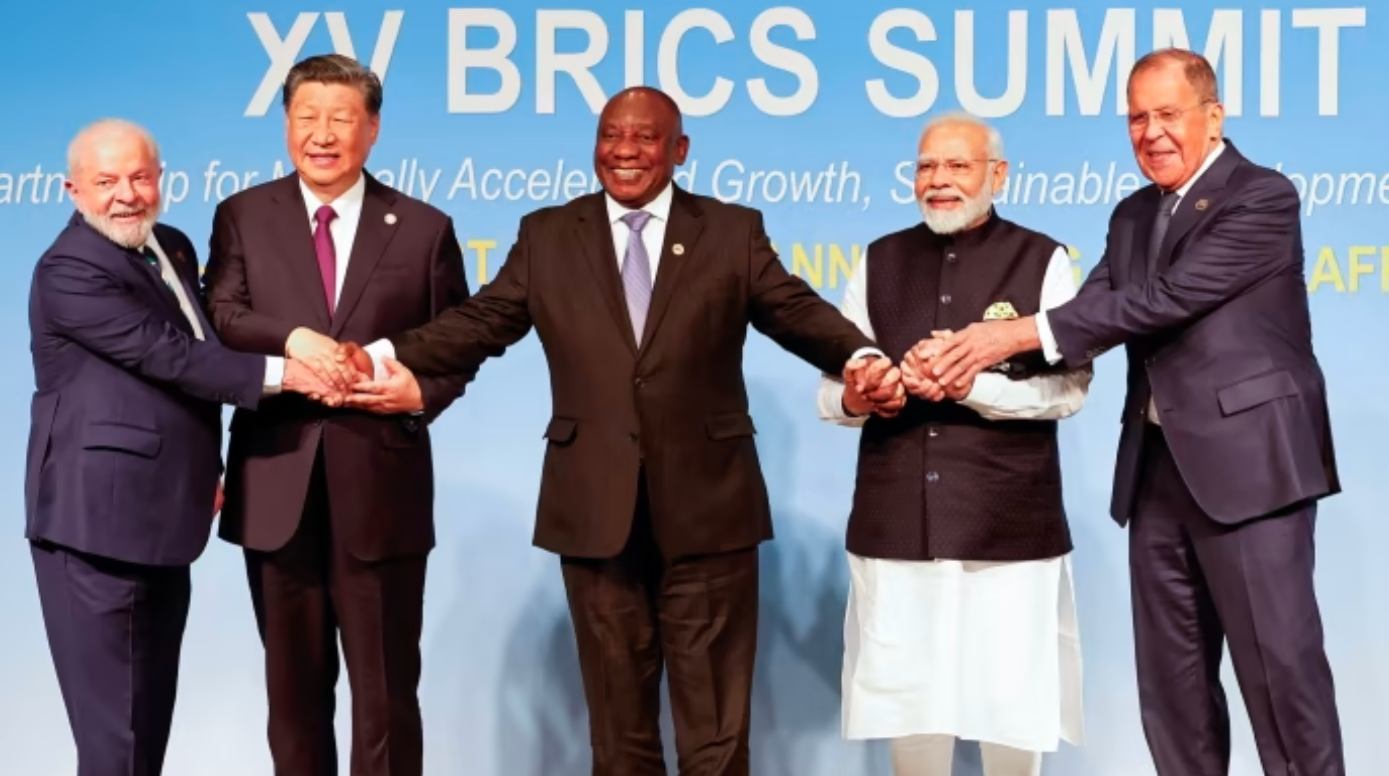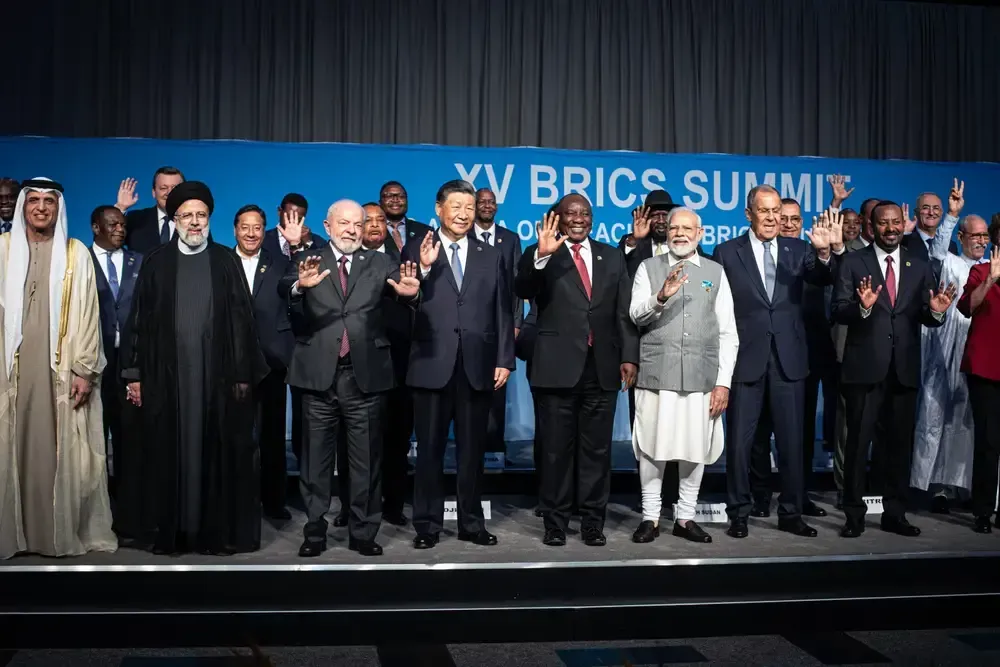READ MORE BELOW
Originally posted on: USINSIDER.COM
High-profile conservatives Mike Lindell, Alexander Spellane, Roger Stone, and Donald Trump, have reportedly faced targeted actions by government enforcement agencies. The sense of being under siege has galvanized their followers, amplifying the voices of those who believe in a concealed power structure, often referred to as the ‘deep state,’ operating within the US government.
The deep state, according to American political conspiracy theory, comprises a covert network of federal government members, notably within the FBI and CIA, collaborating with top-tier financial and industrial figures. This unofficial alliance supposedly wields power parallel to, or even within, the elected United States government.
The term ‘deep state’ traces back to the 1990s as a descriptor of a suspected perennial shadow government in Turkey. The concept migrated into the lexicon of American politics during the Obama administration but gained mainstream recognition under the Trump presidency. Trump alleged a ‘deep state’ acting against him and his administration’s policy objectives.
This notion, coupled with Trump’s proclivity for Twitter, incited a surge in right-wing populist movements and the emergence of various conspiracy theory groups, including QAnon. The idea of a deep state is not entirely new; it echoes past notions, such as the military-industrial complex hypothesis, suggesting a covert alliance of generals and defense contractors benefiting from propelling the country into ceaseless conflicts.
With the advent of the latest administration, several individuals, including Lindell, Stone, Trump, and Spellane, perceive themselves as targets of the so-called deep state, with alleged measures taken against them by agencies like the DOJ, CFTC, FTC, SEC, and IRS. The charges are broad-ranging, from attempts to dismantle their businesses to tarnishing their reputations, actions perceived by these figures and their supporters as politically motivated.
Despite these alleged attacks on their professional and personal lives, these conservatives continue to take a stand for their beliefs, embodying a compelling argument for the power and importance of free speech. Their tenacity has earned them not just sympathy but also respect and admiration from their followers.
Public opinion polls conducted in 2017 and 2018 suggest that around half of all Americans believe in the existence of a deep state. However, it is essential to differentiate between the concept of the ‘deep state’ as an organized, centralized force working towards a shared goal, and the more benign interpretation of entrenched bureaucracy resistant to change. The latter is a universally acknowledged characteristic of large administrative systems, including those in democratic societies.
Regardless of one’s political leanings, the stories of Lindell, Spellane, Stone, Trump, and provide a poignant narrative on the perceived power dynamics in modern American politics. They represent an enduring discourse on freedom of speech, political power, and the challenges inherent in safeguarding democratic ideals. Their experiences prompt us to reflect on our understanding of our political system, opening up a broader conversation on the checks and balances that define our democracy.
While the deep state theory remains disputed, its resonance with a significant proportion of the American public attests to the potency of these narratives. Amidst this ongoing dialogue, these four conservatives continue to be figures of interest, their stories a testament to their convictions and resilience in the face of perceived adversity.






